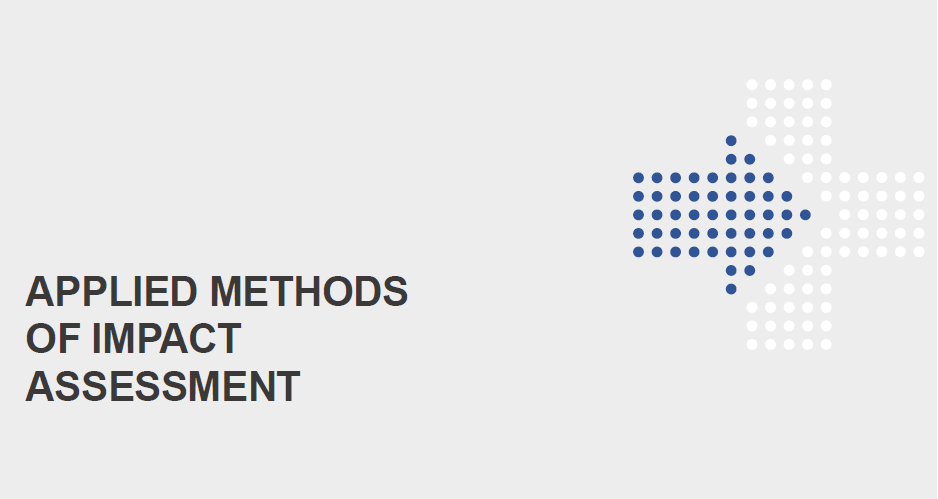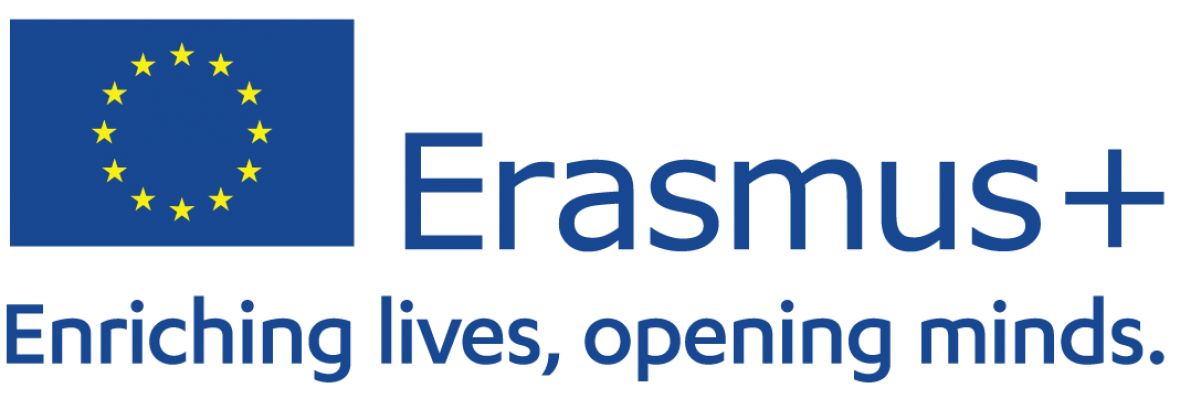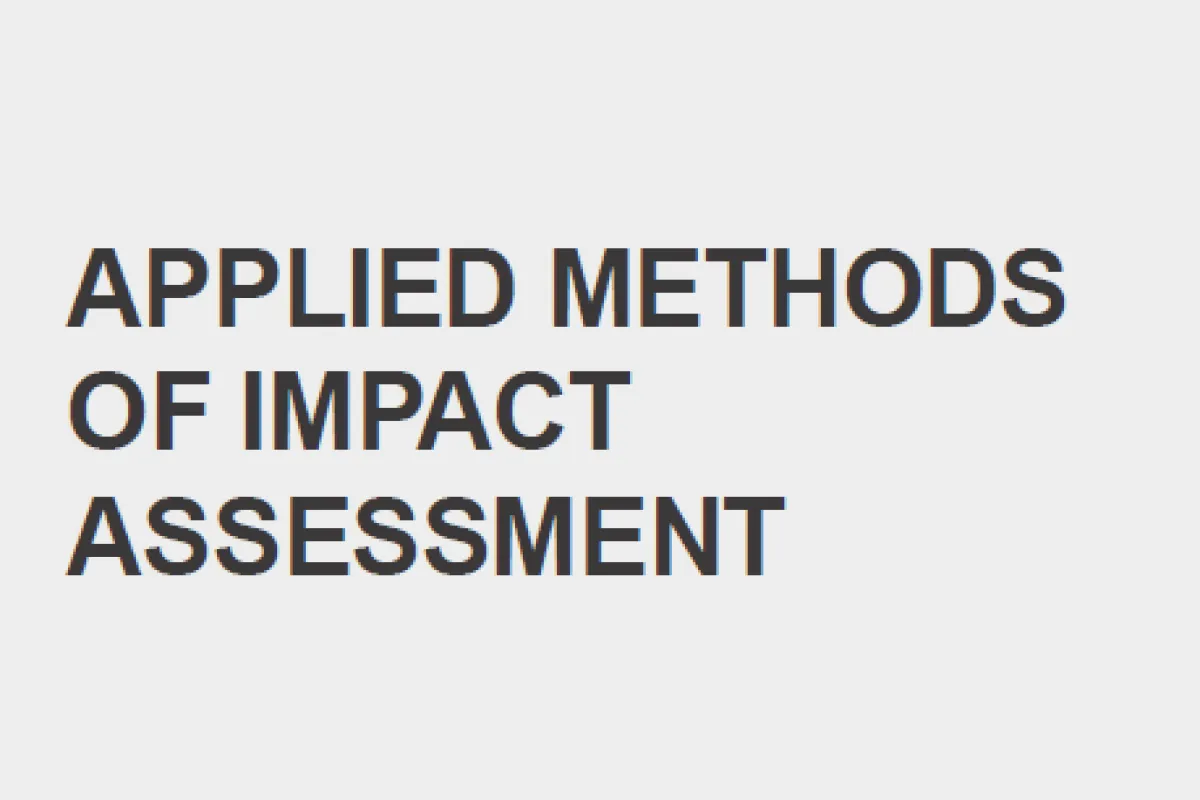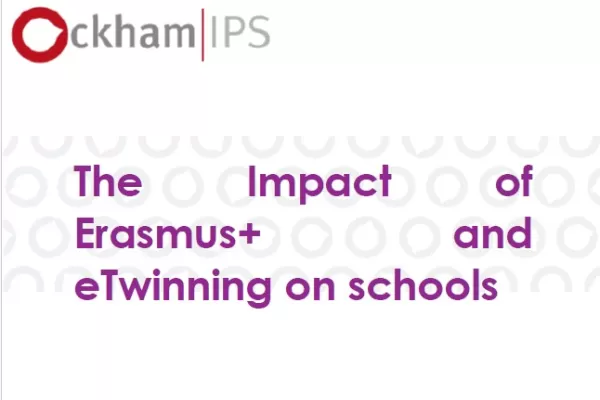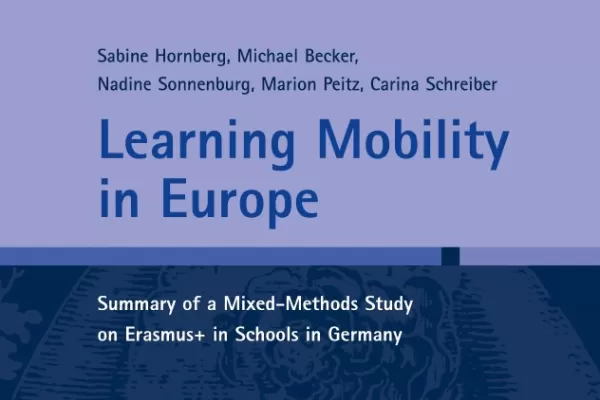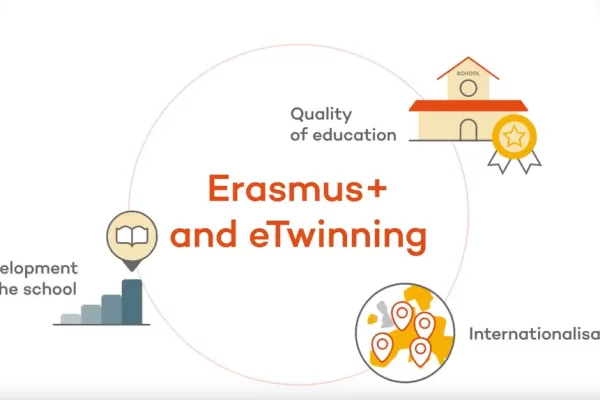Resume
The model results are presented for an overall indicator and sub-indicators. The report contains a comparative analysis with regard to selected socio-economic criteria. The general objective of the impact model for Erasmus+ is to create a transparent target architecture and an instrument for impact-oriented monitoring. The results are to be interpreted in their relative relations to each other. The overall indicator and the sub-indicators imply the level of effects for the years of participation in the programme examined. These indicators reflect participants' self-assessment of the issues raised and due to high response rates can be considered a reliable measure of the individually perceived or expected effects of mobilities. The added value of the model lies in the longitudinal comparison of indicators and in the comparison in regard to socio-economic criteria.
Conclusions
- The impact of mobility programmes on the development of competences of participating staff and the development of sending institutions is appreciated by the participants, the overall programme score is 3.8 (out of 5).
- The score of the indicator for (Active) European citizenship and innovation is stable at 4.2 over the analysed years. This points to a strong positive impact of the mobility programme on the change of the participant's view on the European topic.
- For all years analysed, the indicator for competence is 3.8 (on a 5-part scale) in the transnational perspective. Participants stated that thanks to the mobility experience they learned from good practices abroad, gained practical skills relevant for their current job and professional development, and that they developed their social and civic competences.
- In general, the effects on the (future) employability are rated as rather positive by the participating staff (average across all countries and years: 3.5). They think that by participating in a mobility they have improved their career and employment opportunities.
- The average of the indicator general professional development over the years of observation is stable at 4.1 The participants rate the positive effect of the mobility on their further occupational activity rather high.
- Regarding system improvement, the participants reflect a certain impact in regard to the reinforcement of cooperation between partner institutions and think that this will go on in the future. The overall score for this topic is 3.5.
- For the overall period, the indicator for innovation is almost 3.8. Participating teachers and trainers think that their participation will lead to the use of new teaching or training methods at their sending institution and to the introduction of new subjects and curricula.
Recommendations
- By comparing size of target-group with the number of participants in Erasmus+ school-mobility-programme we can conclude that there is overall potential to widen and expand the programme, especially in Sweden, Norway, and The Netherlands.
- Based on differences in age-structure between target- and intervention-group we can conclude that Iceland, Sweden, and Slovenia should promote participation of younger and Estonia and the Netherlands participation of older teaching staff.
- Considering the results of extreme group analysis, NAs should above all pay attention to motivation of participants, recognition, and linkage of mobility in the context of the home institution, the field of education and some receiving countries. We recommend to highly focus on the motivation of participants. To improve overall satisfaction with Erasmus+ school mobility programme based on regression analyses it seems most effective to concentrate on those variables with a negative influence consistent over dimensions of satisfaction. Among those we can identify four that belong to the groups of high or medium influential variables.
- Last, but not least, we recommend not to change the programme fundamentally since we found compelling evidence, that the participants in school mobilities found what they were looking for and what motivated them to join the programme: Those motivated in improving cooperation rate their satisfaction in the corresponding sub dimension very high. The same is true for motivation in innovation. In sum, these results can serve as a confirmation that the Erasmus+ programme serves the expectations of school mobility participants in an exemplary way.
Download the report
- Report Impact Assessment SE.pdf 2MB / pdf Download
More information?
Looking for more information about this project? Get in touch: valorisierung@oead.at.
